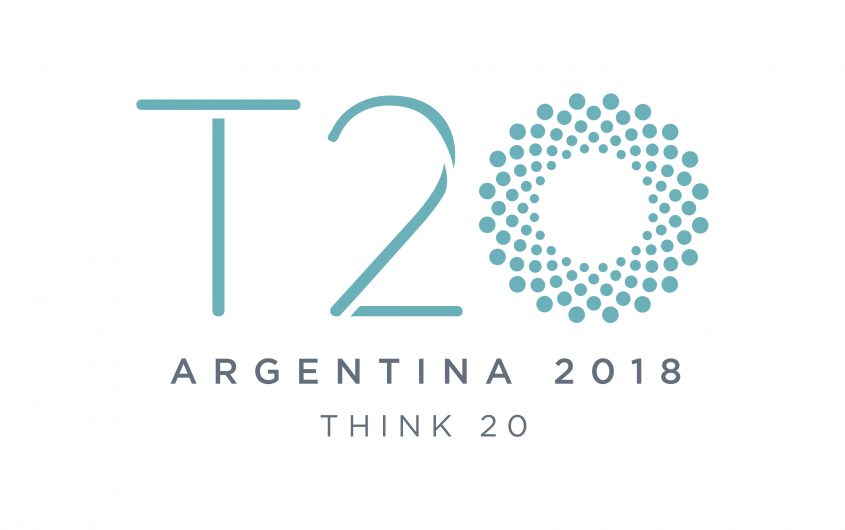
Mitigating the Adjustment Costs of International Trade

Peter S. Rashish
Vice President; Director, Geoeconomics Program
Peter S. Rashish, who counts over 30 years of experience counseling corporations, think tanks, foundations, and international organizations on transatlantic trade and economic strategy, is Vice President and Director of the Geoeconomics Program at AICGS. He also writes The Wider Atlantic blog.
Mr. Rashish has served as Vice President for Europe and Eurasia at the U.S. Chamber of Commerce, where he spearheaded the Chamber’s advocacy ahead of the launch of the Transatlantic Trade and Investment Partnership. Previously, Mr. Rashish was a Senior Advisor for Europe at McLarty Associates, Executive Vice President of the European Institute, and a staff member and consultant at the International Energy Agency, the World Bank, UN Trade and Development, the Atlantic Council, the Bertelsmann Foundation, and the German Marshall Fund.
Mr. Rashish has testified before the House Financial Services Subcommittee on International Monetary Policy and Trade and the House Foreign Affairs Subcommittee on Europe and Eurasia and has advised three U.S. presidential campaigns. He has been a featured speaker at the Munich Security Conference, the Aspen Ideas Festival, and the European Forum Alpbach and is a member of the Board of Directors of the Jean Monnet Institute in Paris and a Senior Advisor to the European Policy Centre in Brussels. His commentaries have been published in The New York Times, the Financial Times, The Wall Street Journal, Foreign Policy, and The National Interest, and he has appeared on PBS, CNBC, CNN, NPR, and the BBC.
He earned a BA from Harvard College and an MPhil in international relations from Oxford University. He speaks French, German, Italian, and Spanish.
About the publication:
The evidence demonstrating that nations gain from trade is overwhelming. However, trade liberalization can cause disruption to firms and workers, and its gains and losses are spread unevenly. While many gain from trade, import surges have sometimes undermined the economic viability of whole communities. Existing mechanisms specifically designed to mitigate trade adjustment costs are often inadequate. They can be a source of inefficiency and inequity since trade shocks are only a part of the economic uncertainty affecting workers. Gradualism in trade liberalization combined with preemptive measures to strengthen competitiveness, can help mitigate adjustment costs. Displaced workers are best helped using generally applied safety nets, not those specific to trade. But these are not enough. Trade adjustment requires mobility of factors. International coordination is required to support an open and predictable trading system under the WTO, as the greatest future source of trade shocks could be protectionism, not trade liberalization.








